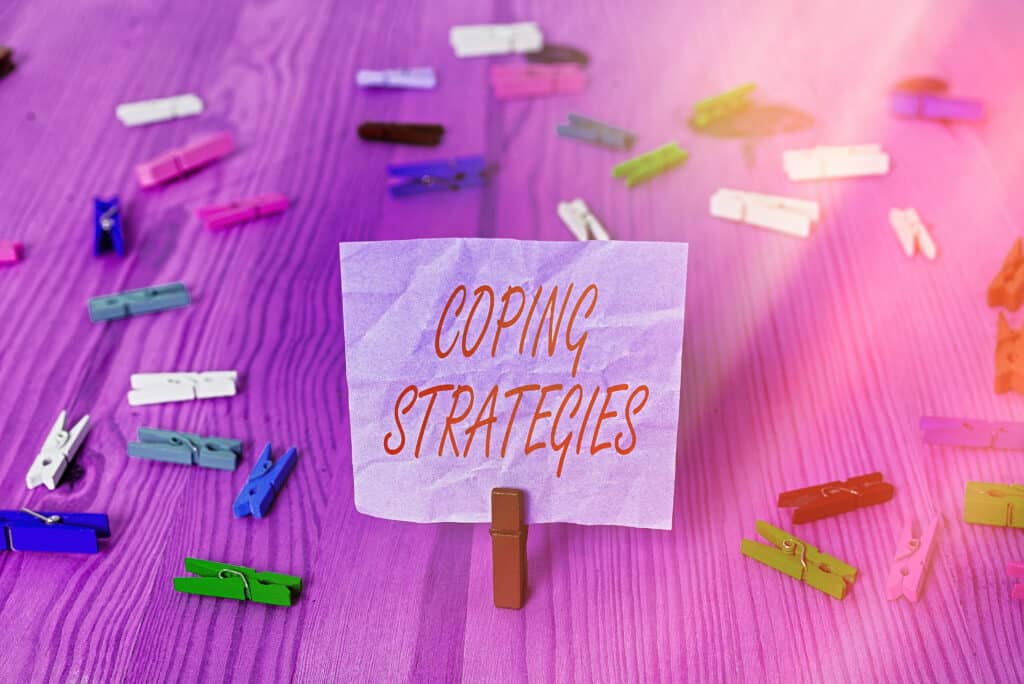
Many people experience migraines, but not all migraines or headaches are the same. Each type is unique and can feature different symptoms that will affect your daily life. Learning about what type of migraine you are experiencing can help you limit debilitating symptoms and determine when it is time to work with a professional. Below, we have gathered some of the most common types of migraines, their symptoms, and some ways to help reduce those symptoms.
1- Migraines With Aura
An aura is a visual disturbance or change in your sensations. These disturbances can look like vision spots, zigzags, tingliness or numbness in your face (or body), or distortions in speech and language. These disturbances can indicate an oncoming attack and aura issues can last anywhere from 5 to 60 minutes.
The frustrating factor about auras is that they don’t always accompany a headache. These disturbances can disrupt your work day or a fun outing in minutes. The best way to limit aura symptoms and prevent a stronger migraine is to limit the use of your eyes or take a nap. You can also place a cool ice pack or cloth over your eyes and forehead.
Many patients with these types of migraines can benefit from Neurotherapy as it helps regulate the brain. Neurotherapy helps balance your brain by retraining it to have better waves and stay calmer.
2- Menstrual Migraine
Hormonal changes in the body can trigger migraines. Especially in women when they reach the end of their cycle, headaches are more common. Headaches or migraines can occur before, during, or after menstruation. Even if you experience migraines frequently, the symptoms of a menstrual migraine are often heightened.
To help limit symptoms during their period, many women turn to supplements or prescription medication. Other techniques that can help with monthly migraines include acupuncture, cold therapy, or magnesium treatments.
3- Vestibular Migraine
This type of migraine is a nervous system problem that is linked to vertigo. This causes dizziness and balance irregularities but may not always be accompanied by a headache. Other symptoms of vestibular migraines include:
- Nausea and vomiting
- Extreme motion sensitivity- feeling sick when moving your eyes or head
- Feeling disoriented or confused
- Sensitivity to sound
- Feeling unsteady or unbalanced
There are prescription medications that can be used to lower your dizziness and stabilize your inner ear. These medications can help make these types of migraines less severe or less frequent. Antihistamines or anti-nausea drugs are often prescribed by doctors once you have been diagnosed with vestibular migraines.

4- Cluster Headaches
These headaches come in groups or attacks called clusters. These are some of the most painful and the most frequent headaches as they can come between 1 to 8 times in a day and last for hours. Cluster headaches can include pain in the eyes, temples, back of the head, puffy eyes, or watery eyes. The pain of these headaches is very debilitating and people often struggle to find a position where they are comfortable.
Since cluster headaches are one of the most extreme types of migraines, there aren’t many simple treatments. Some patients find that breathing in oxygen from a mask helps to provide relief. Others use triptan shots that are given when symptoms start. Getting a proper diagnosis and scans to help determine your unique symptoms will help professionals provide proper treatment.
5- Retinal Migraine
Another migraine type that affects your vision is a retinal migraine. This is a rare type of migraine, so much so that there are no percentages to show how many individuals experience these types of headaches. Retinal migraines come with temporary vision loss or blindness in one eye. These vision disturbances can either precede the migraine or occur at the same time.
Painkillers and anti-nausea medication are often prescribed for those with retinal migraines. Using acupuncture can also be helpful in limiting debilitating symptoms. Neurologists are the best professionals to work with when you are experiencing the rarest type of migraine.
6- Sinus Headaches
Sinus headaches include pressure in your face, cheeks, brows, and forehead. Sinus migraines and headaches often have the same symptoms but the migraines are often accompanied by congestion or watery nasal discharge. Most patients who think they are experiencing sinus congestion frequently may be experiencing migraines instead. Treatment for sinus migraines includes anti-inflammatory drugs to help with congestion or swelling.
7- Chronic Migraines
Patients with chronic migraines experience a headache on 15 or more days of a month. Common migraines will limit your ability to work, exercise, play with your children, go out with friends, and much more. Debilitating migraines is something that requires the help of a doctor in order for you to achieve well-rounded health.
8- Hemiplegic Migraine
Another severe type of headache is a hemiplegic migraine. These migraines can cause paralysis or weakness in one side of the body as well as lead to difficulty speaking. This headache occurs with an aura and can also be accompanied by nausea, fever, confusion, sensitivity to light and sound, and could lead to profound coma.
Some of these symptoms may trigger people to believe they are having a stroke. Getting a proper diagnosis from a doctor is crucial to getting the right care by looking at the blood vessels in your brain.

Treatment For All Types Of Migraines With OPS
Ogden Psychological Services uses Neurotherapy to treat migraines, anxiety, depression, and more. Neurotherapy doesn’t change your brain but helps it to become more regulated and limit issues like migraines. Some patients want to avoid taking medication or previous medications have not worked for them. No matter the types of migraines patients are experiencing, Neurotherapy can be a better long-term solution that provides almost instant relief.








